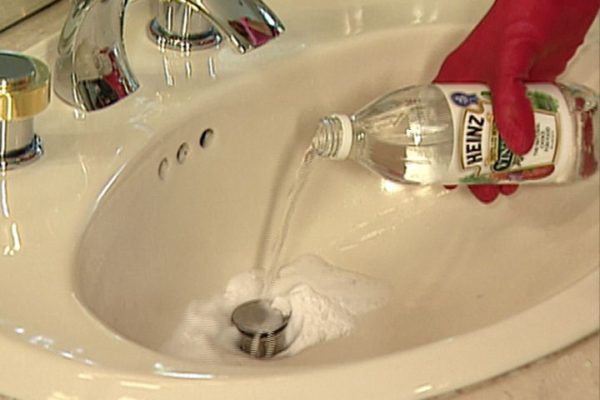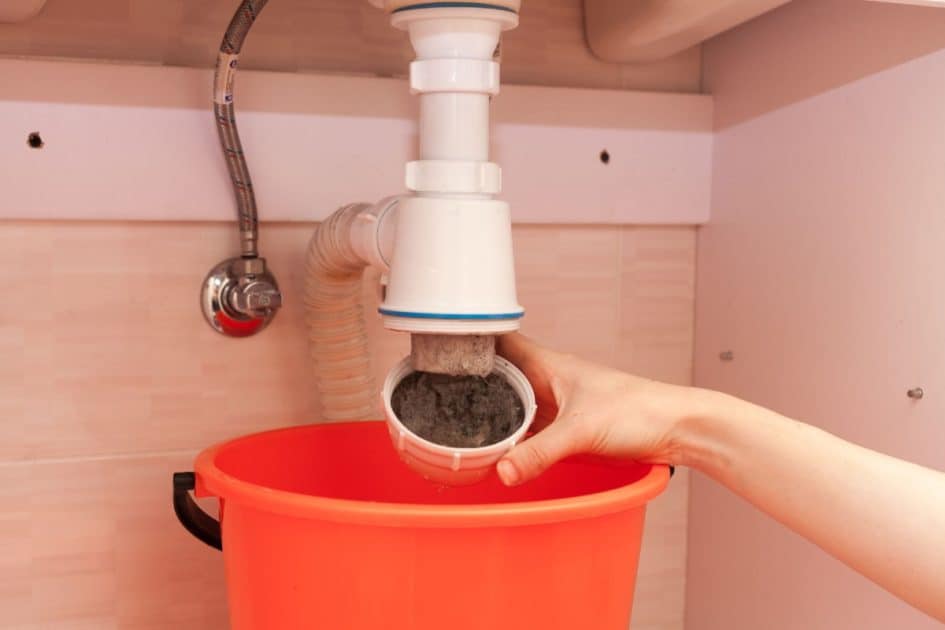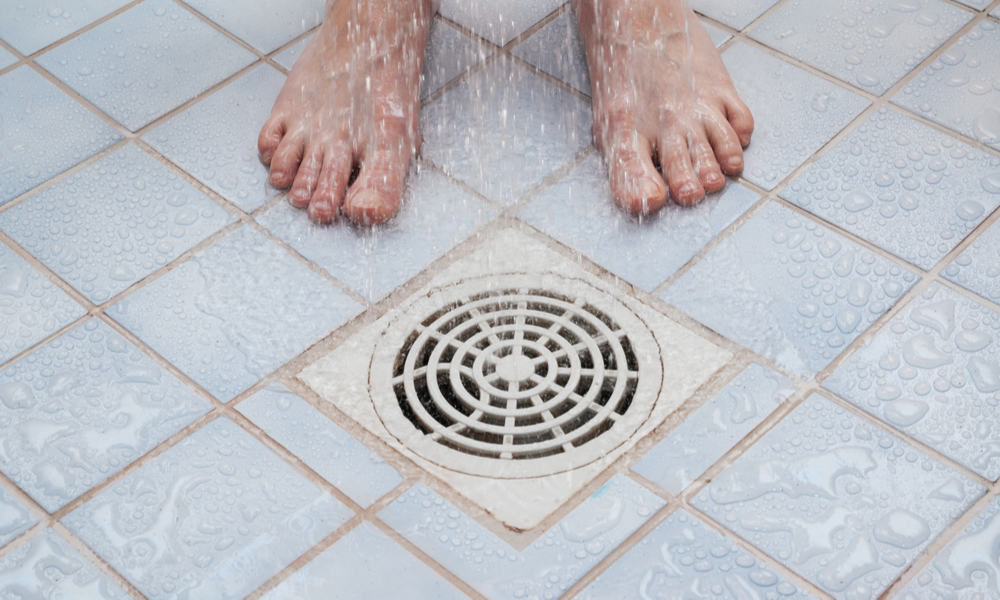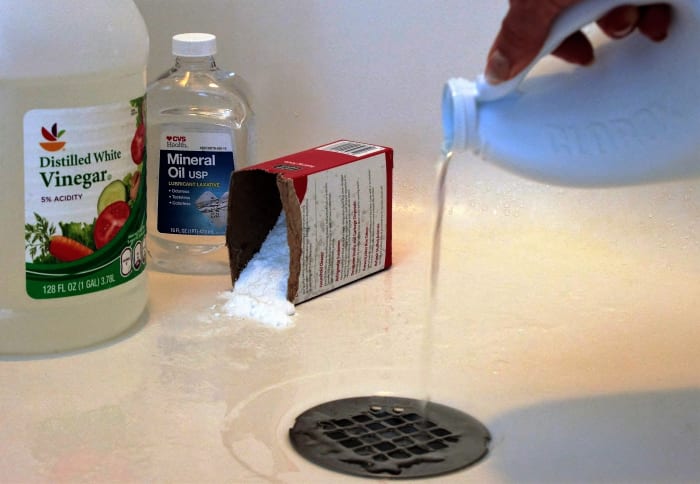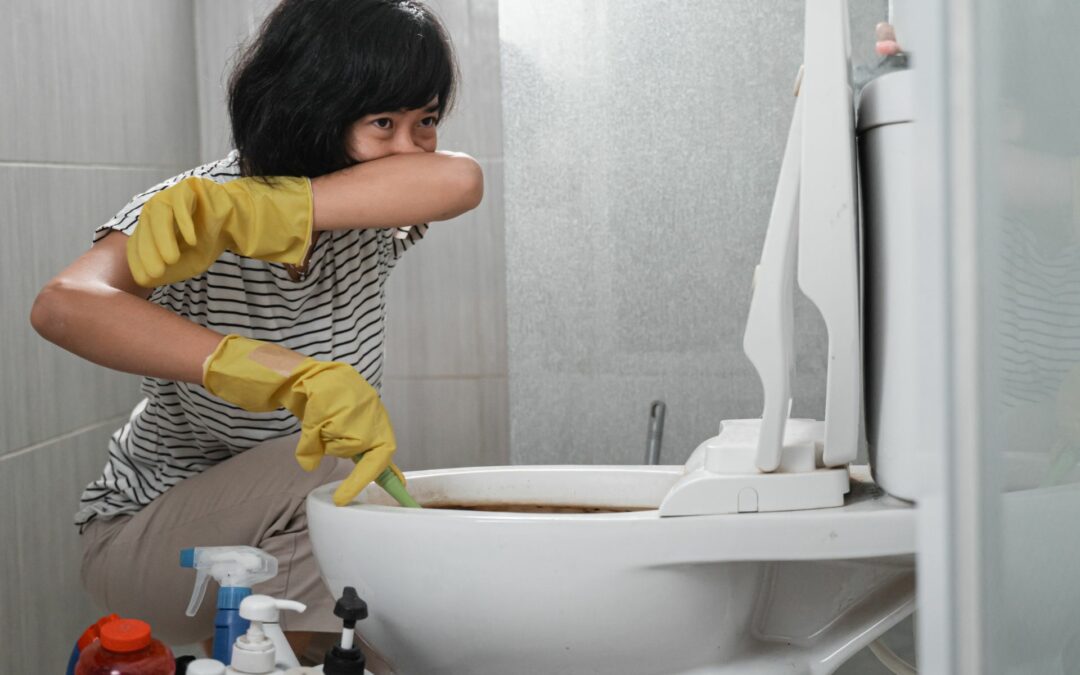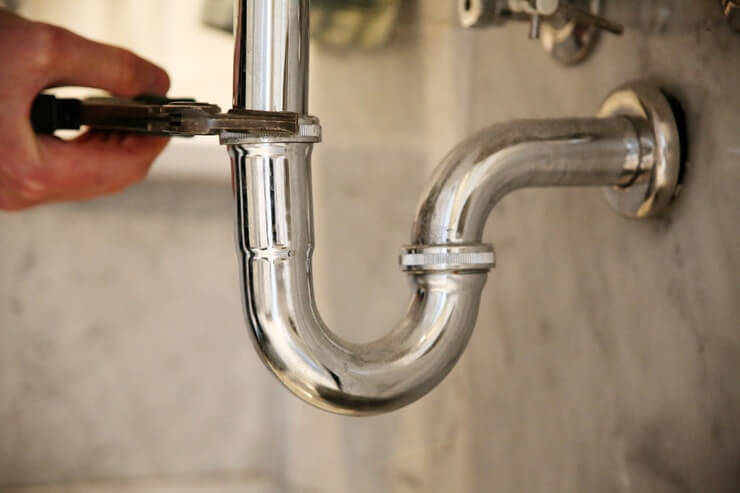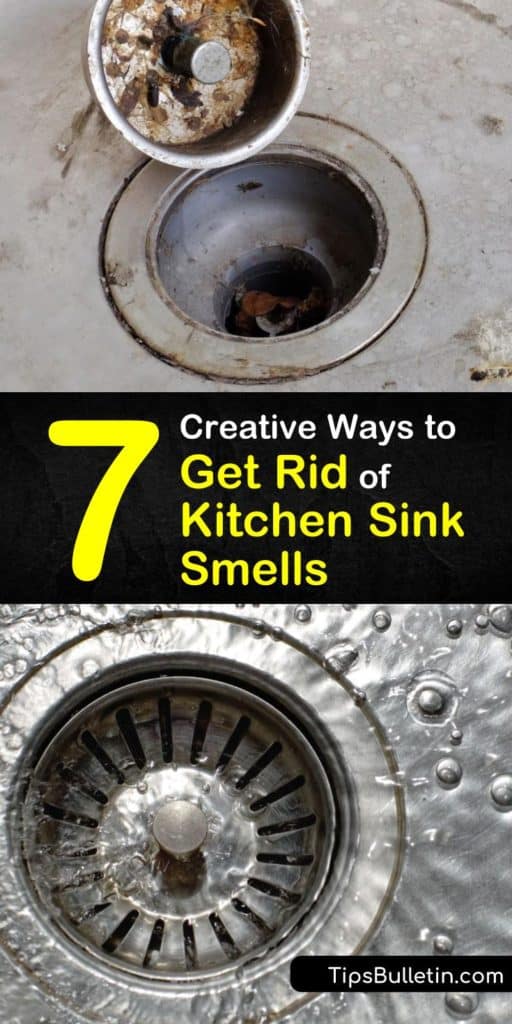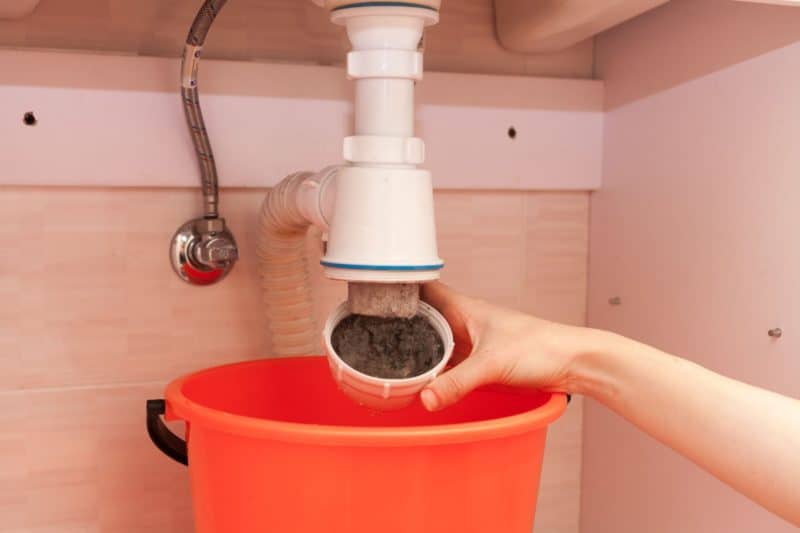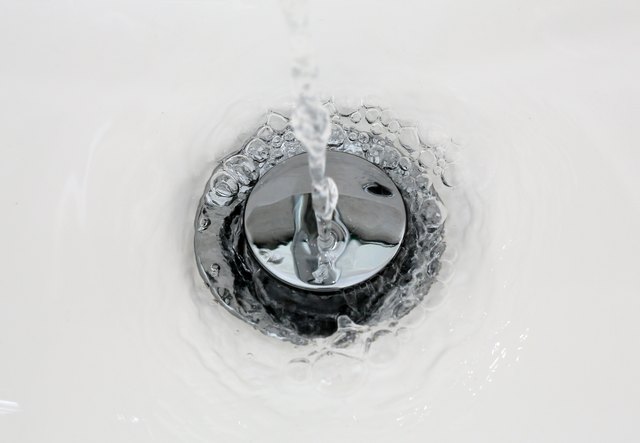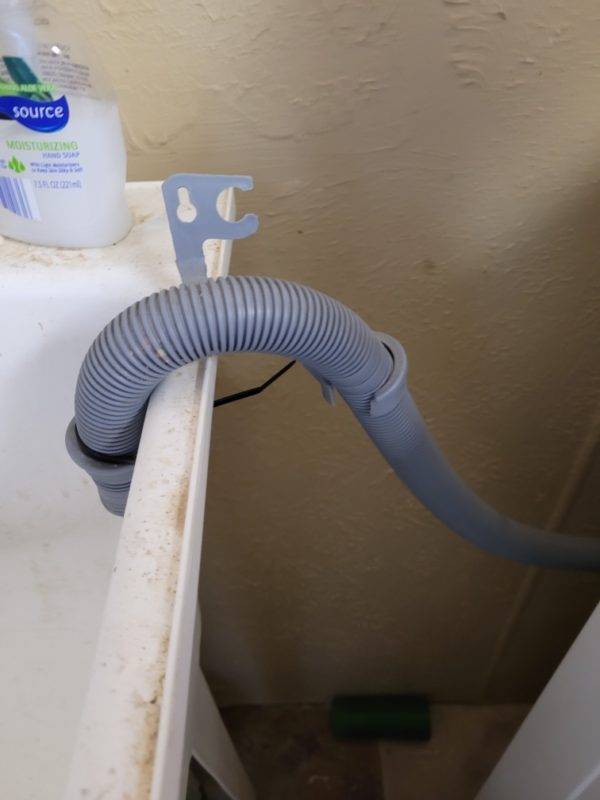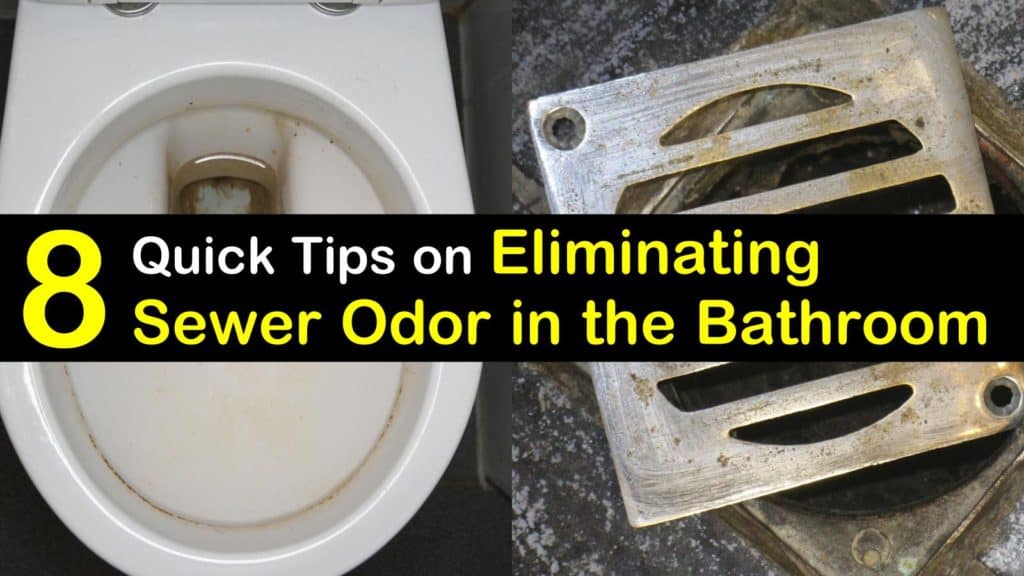It's not uncommon to experience a foul odor coming from your bathroom sink. This unpleasant smell can be a result of sewer gas, which is a mixture of gases such as methane, hydrogen sulfide, and ammonia. Not only is this smell unpleasant, but it can also be harmful to your health. In this article, we will discuss the top 10 causes of sewer gas smell in your bathroom sink and how to get rid of it. Sewer Gas Smell in Bathroom Sink: Causes and Solutions
Before we dive into the causes, let's first talk about how to get rid of sewer gas smell in your bathroom sink. The first step is to locate the source of the smell. Check the drain and the overflow hole for any blockages or buildup. If you find any, clean them out using a plunger or a mixture of baking soda and vinegar. You can also pour boiling water down the drain to flush out any lingering odor. Additionally, make sure to run water in the sink regularly to prevent any buildup. How to Get Rid of Sewer Gas Smell in Bathroom Sink
Now that we know how to get rid of the smell, let's discuss the common causes of sewer gas smell in your bathroom sink. 1) Dry P-Trap: The most common cause of sewer gas smell in bathroom sink is a dry P-trap. The P-trap is a curved pipe under your sink that is designed to hold water and create a barrier between your home and the sewer system. If this trap dries out, it can allow sewer gas to enter your home. 2) Clogged Vent Pipe: Another common cause is a clogged vent pipe. This pipe is responsible for releasing sewer gases outside of your home. If it becomes clogged, the gases can build up and cause a foul smell. 3) Cracked or Broken Pipes: Cracked or broken pipes can also be a source of sewer gas smell in your bathroom sink. These cracks can allow the gases to seep into your home. 4) Sewer Line Damage: If your sewer line is damaged or broken, it can also cause sewer gas to leak into your home. This can be a more serious issue and may require professional help to fix. 5) Improperly Installed Plumbing: If your plumbing was not installed correctly, it can cause issues with the P-trap and vent pipe, leading to sewer gas smell in your bathroom sink. 6) Sewer Line Blockages: Blockages in your sewer line can also cause sewer gas to back up into your home. These blockages can be caused by a variety of things, such as tree roots, debris, or grease buildup. 7) Dry Soil: If the soil around your home is dry, it can create a vacuum effect and pull sewer gas into your home through the pipes. 8) Sewer Line Maintenance: If your sewer line is not regularly maintained, it can lead to issues such as blockages or damage, which can cause sewer gas smell in your bathroom sink. 9) Improperly Vented Fixtures: In some cases, the fixtures in your bathroom may not be properly vented, causing sewer gas to enter your home. 10) Sewer Line Leaks: Lastly, leaks in your sewer line can also cause sewer gas to enter your home. These leaks can be caused by aging pipes or damage. Common Causes of Sewer Gas Smell in Bathroom Sink
Depending on the cause of the sewer gas smell, there are a few different solutions to fix the issue. For a dry P-trap or vent pipe, simply running water or cleaning out any blockages can solve the problem. If there is a crack or damage in the pipes, it may require professional help to repair or replace the affected area. Regular maintenance of your sewer line can also prevent issues such as blockages and leaks. How to Fix Sewer Gas Smell in Bathroom Sink
If you prefer to tackle the issue yourself, there are a few DIY solutions for getting rid of sewer gas smell in your bathroom sink. As mentioned earlier, you can use a mixture of baking soda and vinegar to clean out any buildup in the pipes. You can also try pouring hot water and lemon juice down the drain to help neutralize the odor. Additionally, there are products available specifically designed to eliminate sewer gas smell. DIY Solutions for Sewer Gas Smell in Bathroom Sink
If the issue persists or if you are unsure of the cause, it is best to seek professional help. A plumber can properly diagnose the issue and provide a long-term solution. They can also perform regular maintenance on your sewer line to prevent future issues. Professional Help for Sewer Gas Smell in Bathroom Sink
As the saying goes, prevention is better than cure. To prevent sewer gas smell in your bathroom sink, make sure to regularly clean out your drain and overflow hole. Run water in the sink regularly to prevent the P-trap from drying out. Avoid pouring grease and large amounts of food down the drain, as this can lead to blockages. Lastly, invest in regular maintenance of your sewer line to catch any issues before they become bigger problems. Preventing Sewer Gas Smell in Bathroom Sink
Now that you know the causes and solutions for sewer gas smell in your bathroom sink, it's important to understand the potential dangers of this issue. Sewer gas can contain toxic gases that can be harmful to your health. Inhaling these gases can cause headaches, dizziness, and even nausea. If you experience any of these symptoms, seek fresh air immediately and contact a professional for help. Understanding Sewer Gas Smell in Bathroom Sink
If you are still experiencing sewer gas smell in your bathroom sink after trying the solutions mentioned above, it may be a sign of a larger issue. Contact a plumber to properly diagnose and troubleshoot the issue. They can also provide advice on how to prevent this issue from occurring in the future. Troubleshooting Sewer Gas Smell in Bathroom Sink
Some common signs of sewer gas smell in your bathroom sink include a foul odor, gurgling sounds coming from the drain, slow draining water, and visible buildup in the drain or overflow hole. If you notice any of these signs, it's important to take action to prevent the issue from getting worse. In conclusion, sewer gas smell in your bathroom sink is not only unpleasant but can also be harmful to your health. By understanding the common causes and solutions, you can effectively get rid of the smell and prevent it from occurring in the future. Remember to seek professional help if needed and to regularly maintain your sewer line to prevent any issues. Common Signs of Sewer Gas Smell in Bathroom Sink
The Dangers of Sewer Gas Coming From Bathroom Sink

How Poor House Design Can Lead to Harmful Sewer Gas Build-Up
:max_bytes(150000):strip_icc()/sink-pipe-under-wash-basin-119001607-6f28aec4c66944efb7a9a38cb622ab8b.jpg) If you've noticed a foul smell coming from your bathroom sink, it's not just a nuisance – it could be a sign of a serious problem. Sewer gas is formed when waste materials break down and produce a combination of gases, including hydrogen sulfide and ammonia. These gases can be harmful to your health and can also cause damage to your home if left unchecked. One of the main causes of sewer gas coming from a bathroom sink is poor house design. Let's take a closer look at how this can happen and what you can do to prevent it.
Poor Ventilation System
One of the main reasons for sewer gas coming from a bathroom sink is a poorly designed or malfunctioning ventilation system. The plumbing in your home is designed to remove waste and gas from your home. However, if there is a blockage or malfunction in the ventilation system, it can cause a build-up of sewer gas in your pipes. This gas can then escape through the path of least resistance, which is often the bathroom sink. This not only causes an unpleasant smell, but it also poses a health risk to you and your family.
Inadequate Trap Seal
Another common issue in poor house design is an inadequate trap seal. The trap seal is the U-shaped pipe under your sink that holds a small amount of water. This water acts as a barrier, preventing sewer gases from entering your home. However, if the trap seal is not properly installed or maintained, it can dry out, allowing sewer gases to enter your home. This is a common problem in bathrooms that are not frequently used, as the water in the trap can evaporate over time.
Improperly Installed Pipes
In some cases, the issue may lie in the way the pipes are installed in your home. If the pipes are not installed at the correct angle or if there are any breaks or leaks, it can lead to a build-up of sewer gas. This is especially true in older homes where the plumbing may not have been updated or maintained properly.
Preventing Sewer Gas in Your Home
The key to preventing sewer gas from coming from your bathroom sink is proper house design. This includes ensuring that your ventilation system is functioning correctly, regularly checking and maintaining your trap seal, and having your pipes properly installed and maintained. If you notice a foul smell coming from your bathroom sink, it's important to address the issue right away to prevent any potential health risks and damage to your home.
In conclusion, sewer gas coming from a bathroom sink is not only unpleasant, but it can also be a sign of a bigger problem in your home. By understanding the potential causes and taking preventative measures, you can ensure that your home is properly designed and maintained to prevent sewer gas build-up. Don't ignore the signs – take action to protect your health and your home.
If you've noticed a foul smell coming from your bathroom sink, it's not just a nuisance – it could be a sign of a serious problem. Sewer gas is formed when waste materials break down and produce a combination of gases, including hydrogen sulfide and ammonia. These gases can be harmful to your health and can also cause damage to your home if left unchecked. One of the main causes of sewer gas coming from a bathroom sink is poor house design. Let's take a closer look at how this can happen and what you can do to prevent it.
Poor Ventilation System
One of the main reasons for sewer gas coming from a bathroom sink is a poorly designed or malfunctioning ventilation system. The plumbing in your home is designed to remove waste and gas from your home. However, if there is a blockage or malfunction in the ventilation system, it can cause a build-up of sewer gas in your pipes. This gas can then escape through the path of least resistance, which is often the bathroom sink. This not only causes an unpleasant smell, but it also poses a health risk to you and your family.
Inadequate Trap Seal
Another common issue in poor house design is an inadequate trap seal. The trap seal is the U-shaped pipe under your sink that holds a small amount of water. This water acts as a barrier, preventing sewer gases from entering your home. However, if the trap seal is not properly installed or maintained, it can dry out, allowing sewer gases to enter your home. This is a common problem in bathrooms that are not frequently used, as the water in the trap can evaporate over time.
Improperly Installed Pipes
In some cases, the issue may lie in the way the pipes are installed in your home. If the pipes are not installed at the correct angle or if there are any breaks or leaks, it can lead to a build-up of sewer gas. This is especially true in older homes where the plumbing may not have been updated or maintained properly.
Preventing Sewer Gas in Your Home
The key to preventing sewer gas from coming from your bathroom sink is proper house design. This includes ensuring that your ventilation system is functioning correctly, regularly checking and maintaining your trap seal, and having your pipes properly installed and maintained. If you notice a foul smell coming from your bathroom sink, it's important to address the issue right away to prevent any potential health risks and damage to your home.
In conclusion, sewer gas coming from a bathroom sink is not only unpleasant, but it can also be a sign of a bigger problem in your home. By understanding the potential causes and taking preventative measures, you can ensure that your home is properly designed and maintained to prevent sewer gas build-up. Don't ignore the signs – take action to protect your health and your home.

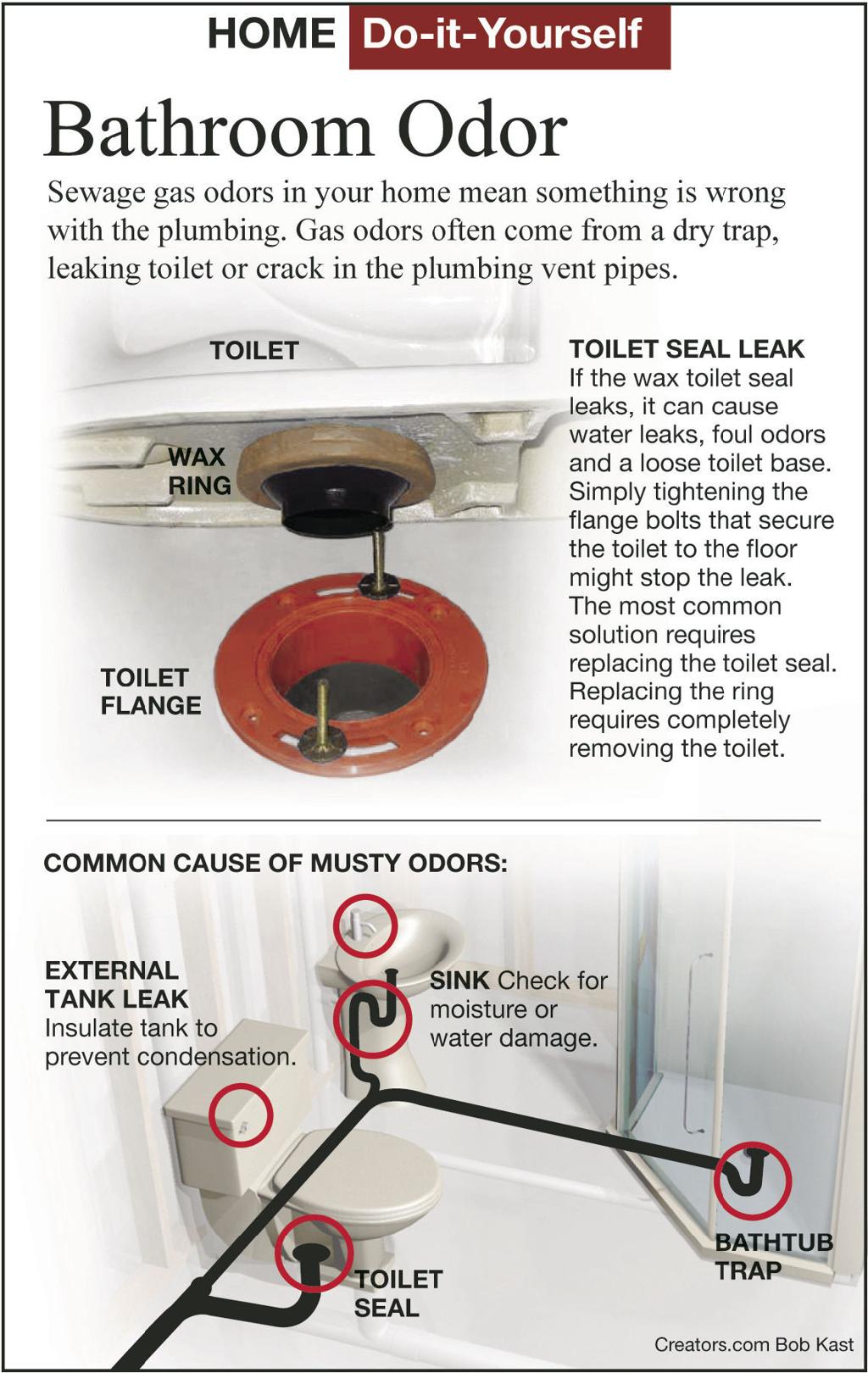
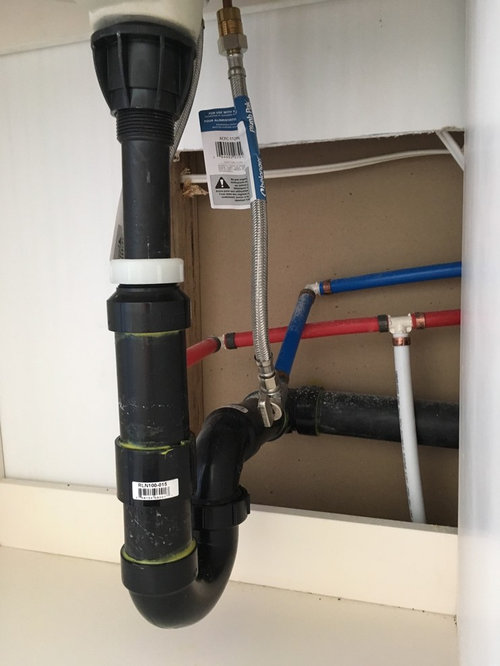




:max_bytes(150000):strip_icc()/sink-pipe-under-wash-basin-119001607-6f28aec4c66944efb7a9a38cb622ab8b.jpg)

